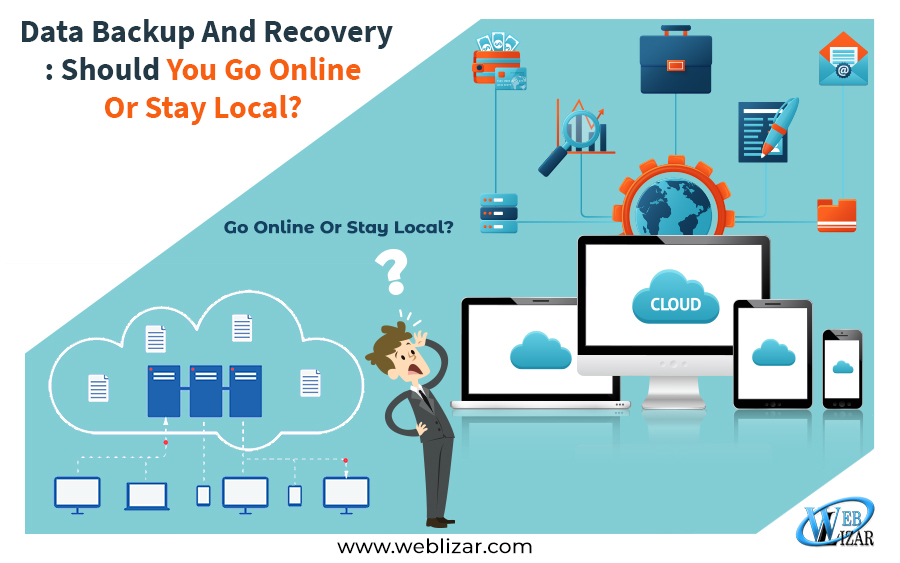Data Backup And Recovery
Data management is an essential task in an organization. Without the data, there would be no continuity. Today, things have been made much more comfortable. Data backup and recovery is not limited to tapes and external drives. Thanks to software like Ottomatik MySQL backup, data storage in the cloud has been made possible.
That does not, however, mean that organizations should do away with local storage. Nevertheless, people are still torn between online and local back up. To answer the question of whether you should work with cloud backup or stick to a local storage system, you need to understand the attributes of both options.
Cloud backup
Well, cloud backup could be termed as the newest thing in town. Cloud backup is a service that allows users to store their file on the internet.
Pros
Why should you choose a cloud backup?
1. It is cost effective
The fact that you can save a lot of money by using cloud data storage is what makes it dear to many. Its scalability is incredible, and you do not have to purchase more hardware to support the growing data in your business. Cloud service is tailor-made, and one is only required to work with a package that meets their data storage needs.
Hardware maintenance can have a toil on your company revenue: cloud storage is there to save you extra costs.
2. Accessibility
Unlike local storage and recovery where you are required to be where the hardware is for you to access data, the case with cloud backup is different. Provided you have an internet connection and a laptop or smartphone; you can easily access your data. If you want to work remotely, it will be very convenient. This accessibility has also saved on costs as organizations no longer need to employ a big IT team to manage the data in their branch offices.
3. Recovery is easy
If a fire or any other catastrophe occurred, it would be difficult to access the local storage as most of it would have been destroyed. This is not something that you will experience with cloud storage. You do not have to be physically there to recover the data. You can do it from anywhere provided you have a laptop.
Cons
Cloud backup also has its downsides.
1. Speed
Doing a complete backup will take you a significant amount of time. If your bandwidth and connection speed are not optimum, it can be painfully slow.
2. Threat from hackers
Data stored in the cloud is at the risk of getting in the wrong hands: attackers. You can never be too sure. It is therefore essential to take the backseat the moment you do your cloud backup. You need to take extra precaution to ensure that your data is safe. That starts by providing that you work with service providers that are reliable.
Local backup
Local backup entails plugging in an external storage medium into a computer and transferring data for storage. The data stored is also kept close. What do you need to know about local storage?
Pros
1. Security
It is easier to control data stored physically. That is, in light of keeping the data secure. Unlike cloud backup which is a soft target for malicious attacks, data stored locally is not accessible in such ways.
2. Control
Going local gives you total control of your data. That is, you can decide who accesses it and at what time. With online backup, the service providers can access your data at any given time, which puts it at risk.
3. Speed
With local backup, the bandwidth and the speed of your connection will not interfere with how soon you will be done with data storage and recovery. It takes a way shorter time than cloud backup does.
Cons
The significant disadvantages of local backup include:
1. Cost
If you choose to go local, you will have to invest in a local hardware backup system. Once it starts running, you will also be expected to incur maintenance costs. Note that as days go by, the amount of data that an organization handles increases, you might be required to purchase more drives to accommodate the data.
2. Flexibility
A local backup will not give you as much freedom as you need. For you to access data, you have to be where it is. When disaster strikes, you are more likely to lose the data which would not be the case with cloud backup.
Now that you know the two types of data storage and recovery, you should be in a better position to a backup and recovery that suits your needs.

